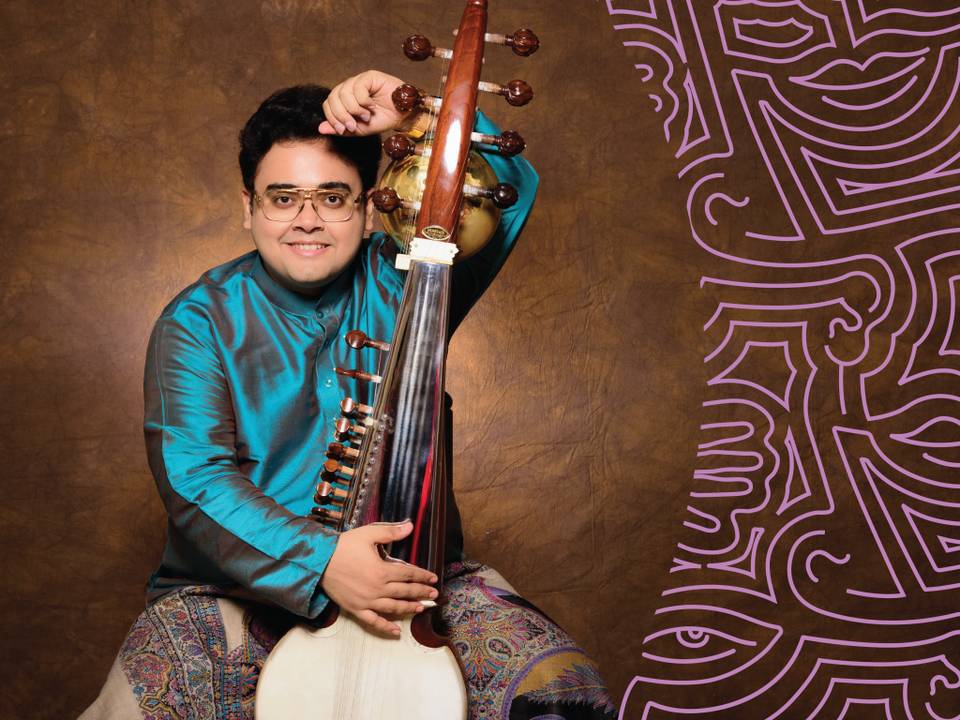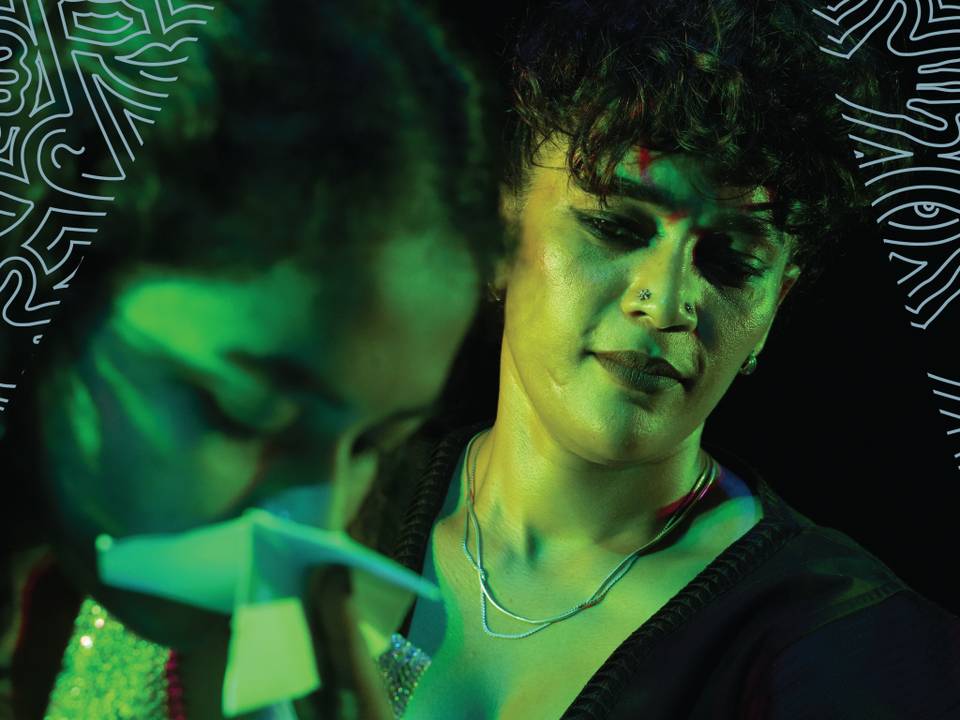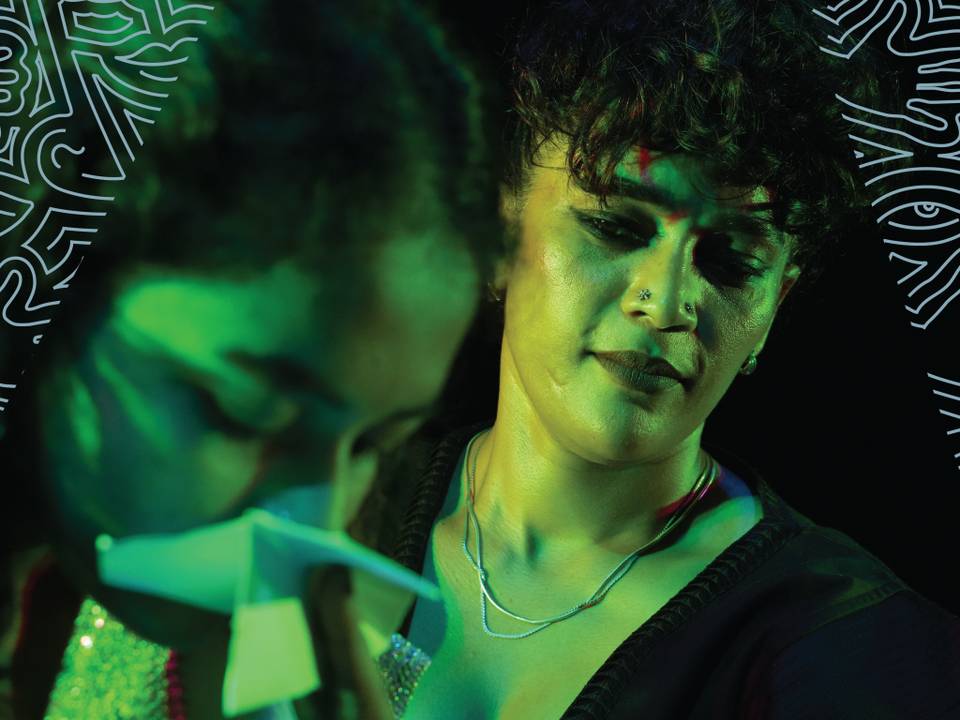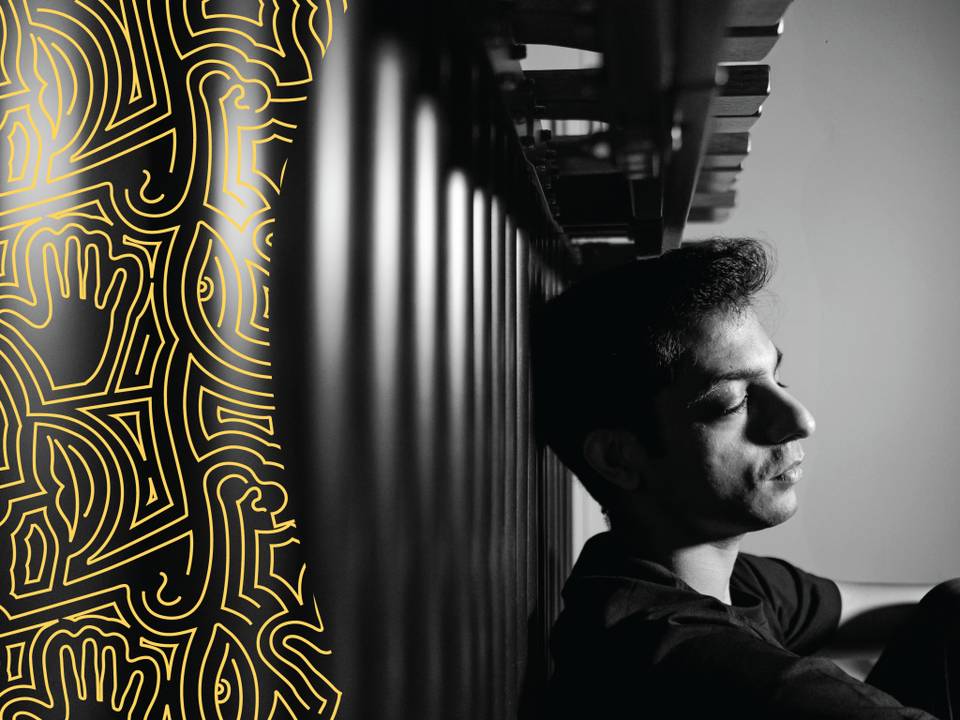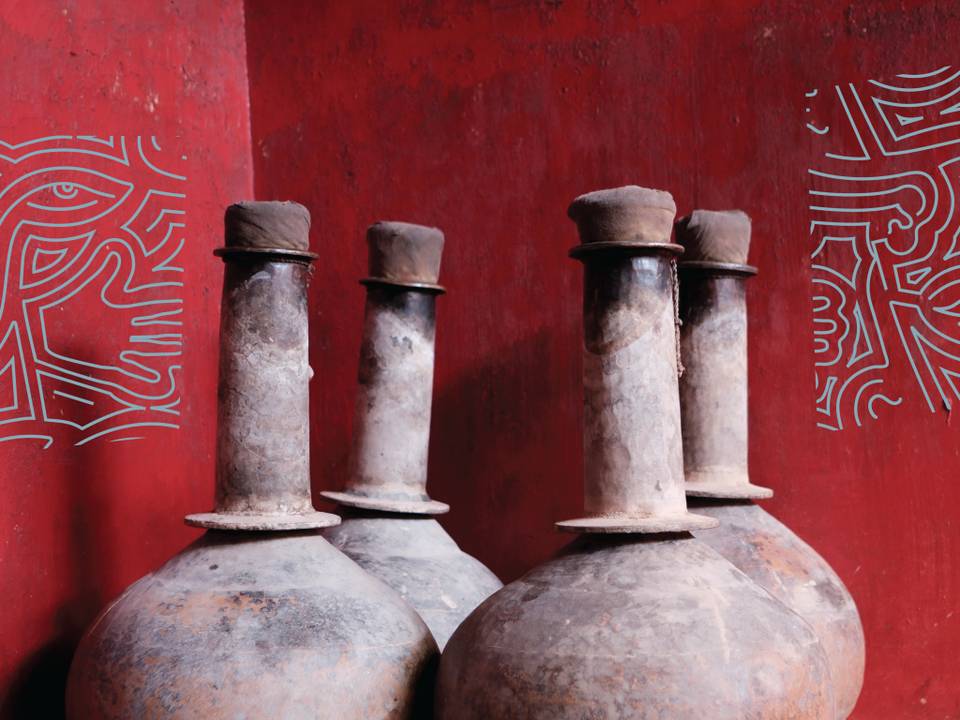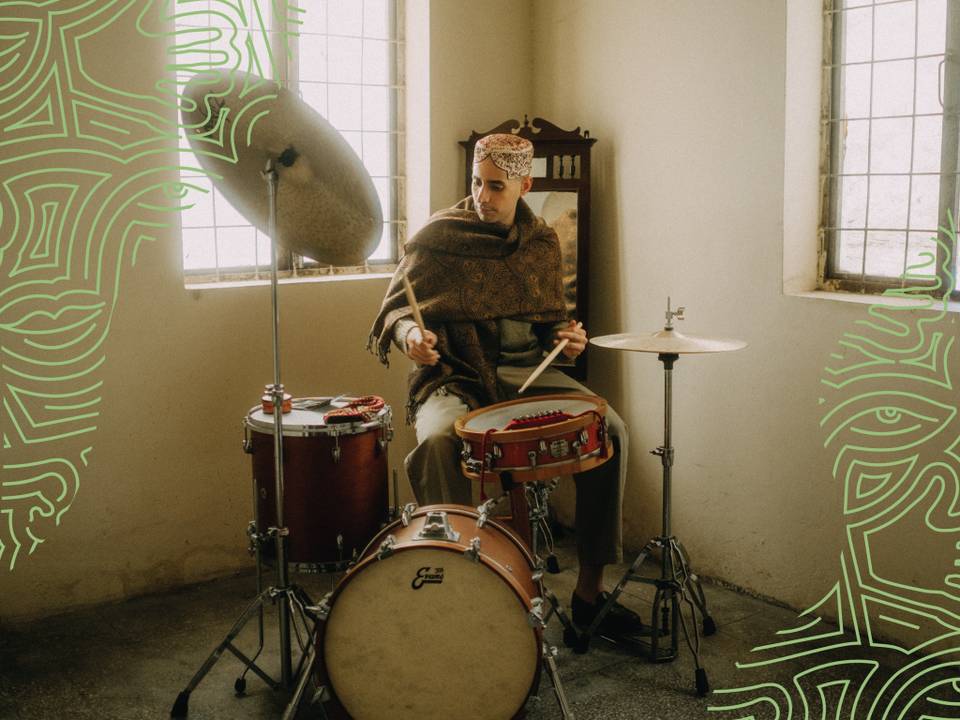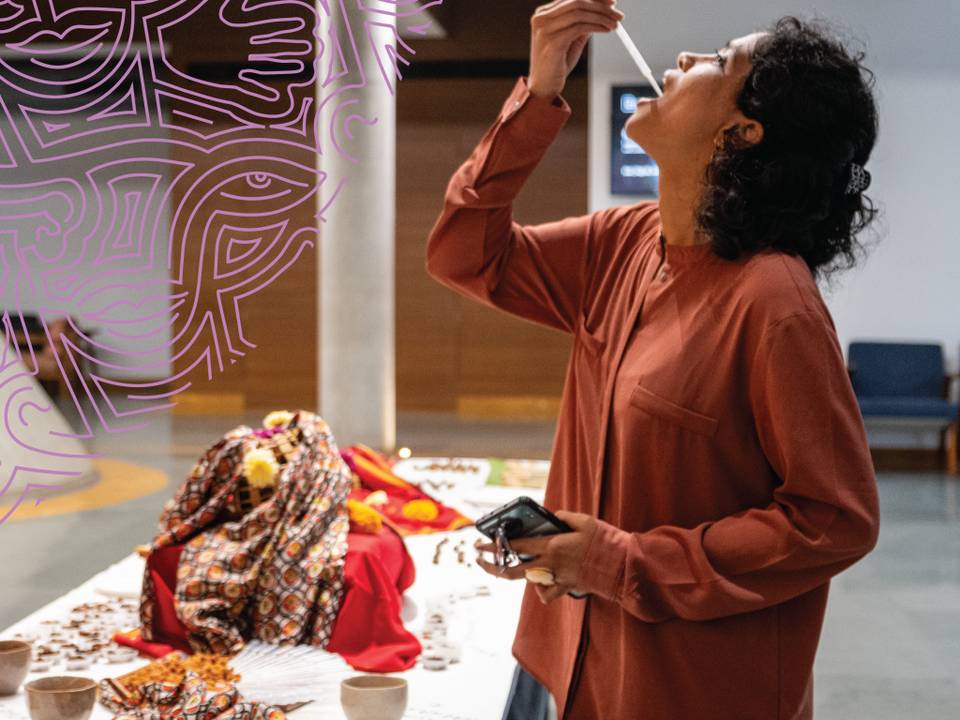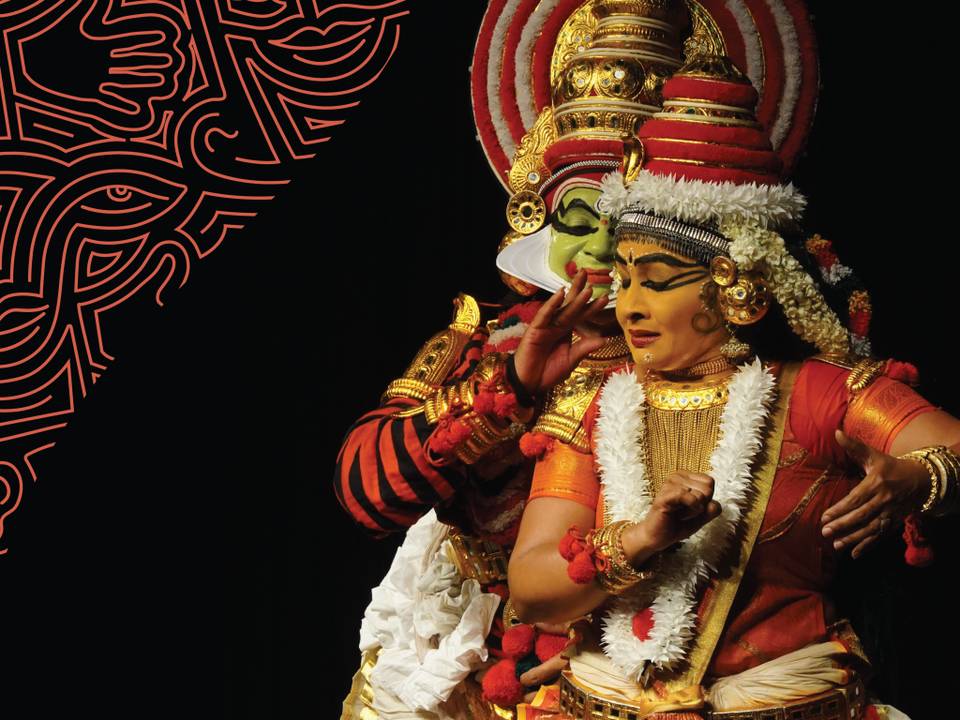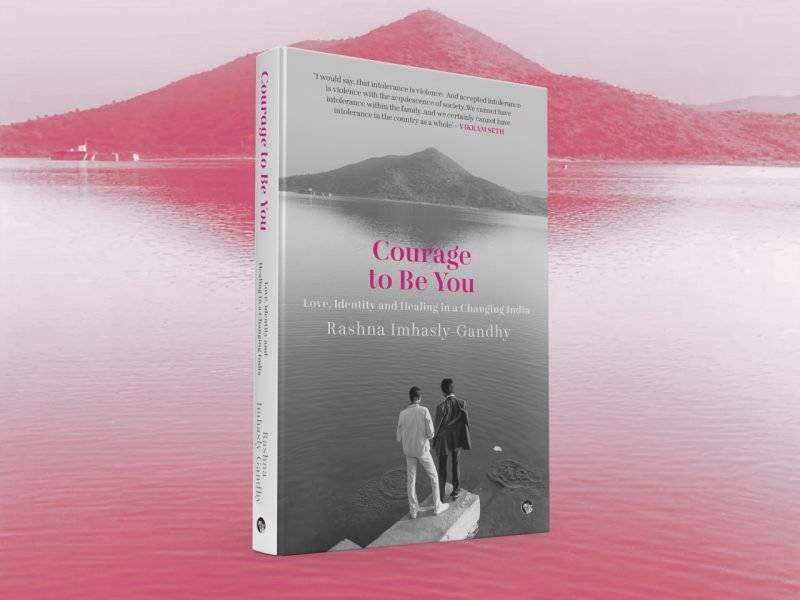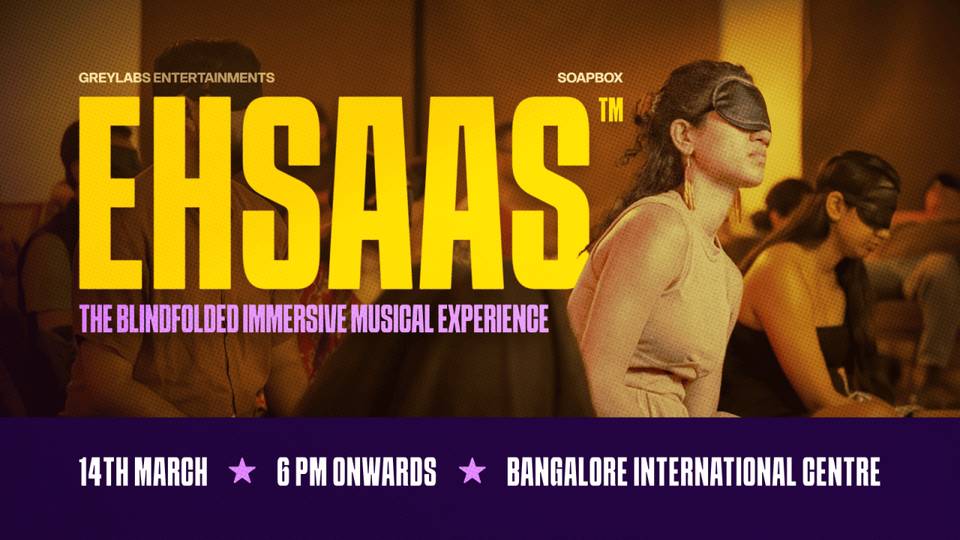ಮಲೆನಾಡಿನ ಹುಲಿ, ಚಿರತೆಗಳ ಜಾಡಿನಲ್ಲಿ | Malenad: Bringing Big Cats Back from the Brink ಆರು ದಶಕಗಳ ಅನುಭವ ಯಾತ್ರೆ A Journey Spanning Six Decades
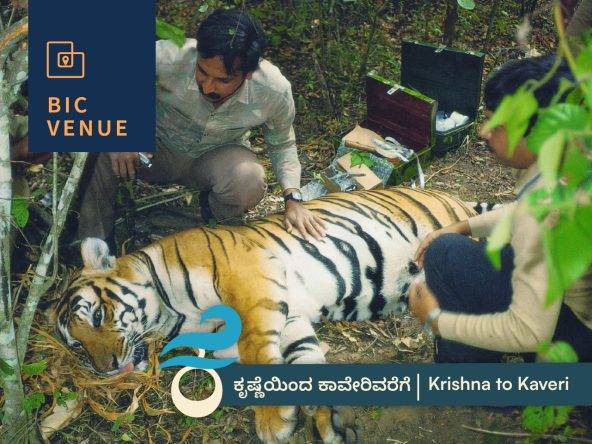
Details
Nov 09 2024 to Nov 09 2024 4 p.m.
EVENT HAS ENDED
Where
Bangalore International Centre
7 4th Main Rd, Stage 2, Domlur 560071
Event Description
Dr. Ullas Karanth began his story with his boyhood fascination with the spectacular “Tiger Culture” in Malenad, which led to his subsequent engagement of over six decades in scientifically understanding the ecology of big cats and working towards their recovery from the brink of extinction. During this journey, he pioneered several groundbreaking methodologies, including the application of chemical capture, radiotelemetry, and photographic-capture surveys of tigers and leopards. He also developed line transect and habitat occupancy sampling techniques for prey species.
Throughout his career, Dr. Karanth actively engaged with government agencies and local communities to develop win-win solutions for wildlife recovery. He dedicated significant time to mentoring younger generations of passionate field conservationists, helping build the next wave of wildlife scientists in India. In his talks, he explores the societal framework that he believes is now necessary to balance nature protection with development.
His narrative represents not just a personal journey, but chronicles the evolution of scientific wildlife conservation in India, particularly in the Western Ghats. Dr. Karanth’s work has become foundational to modern tiger conservation methods, combining rigorous scientific methodology with practical conservation solutions. His emphasis on both scientific rigor and community engagement has set standards for wildlife conservation practices globally.
ಕರ್ನಾಟಕದ ಮಲೆನಾಡಿನ 'ಹುಲಿ ಸಂಸ್ಕೃತಿ'ಯ ಬಗ್ಗೆ ನನಗೆ ಬಾಲ್ಯದಿಂದಲೇ ಇದ್ದ ಮೋಹ, ನಂತರ ನಾನು ದೊಡ್ಡ ಮಾರ್ಜಾಲಗಳ ಸಂಶೋಧನೆ ಹಾಗೂ ಸಂರಕ್ಷಣೆಯಲ್ಲಿ ಮಾಡಿದ ಕೆಲಸಗಳ ವಿವರಗಳನ್ನೂ ಇಲ್ಲಿ ನೀಡುತ್ತೆನೆ. ನಾನು ಹೇಗೆ ಸಂಶೋಧನೆಗಾಗಿ ಹುಲಿ ಚಿರತೆಗಳನ್ನು ಅರಿವಳಿಸಿ ಸೆರೆಹಿಡಿಯುವ ವಿಧಾನ, ಅವುಗಳ ಗಣತಿಗಾಗಿ ಕ್ಯಾಮೆರಾ ಟ್ರ್ಯಾಪ್ ಬಳಕೆ ಹಾಗೂ ಅವುಗಳ ಬಲಿಪ್ರಾಣಿಗಳ ಸಂಖ್ಯೆ ಮತ್ತು ವಿಸ್ತರಣೆ ತಿಳಿಯಲು ದೇಶದಲ್ಲಿ ಮೊದಲ ಬಾರಿಗೆ ರೂಪಿಸಿದ ವೈಜ್ಞಾನಿಕ ಕಾರ್ಯಕ್ರಮಗಳ ವಿವರಗಳೂ ಇಲ್ಲಿವೆ. ಸುಮಾರು ಅರುವತ್ತು ವರ್ಷಗಳ ಕಾಲ ನಾನು ಅರಣ್ಯ ಮತ್ತಿತರ ಸರಕಾರಿ ಇಲಾಖೆಗಳು, ಸರ್ಕಾರೇತರ ಸಂಸ್ಥೆಗಳೂ ಹಾಗೂ ಸ್ಥಳೀಯ ಜನಸಮುದಾಯಗಳ ಸಹಯೋಗದಲ್ಲಿ ನಡೆಸಿದ ವನ್ಯ ಸಂರಕ್ಷಣಾ ಕಾರ್ಯಗಳ ವಿವರಗಳೂ ಇಲ್ಲಿ ಸೇರಿವೆ. ಕೊನೆಗೆ ಇಂದಿನ ಕ್ಲಿಷ್ಟ ಪರಿಸ್ಥಿತಿಯಲ್ಲಿ ಹುಲಿ ಮತ್ತಿತರ ವನ್ಯ ಜೀವಿಗಳ ರಕ್ಷಣೆಯನ್ನೂ ಮಾನವ ಸಮಾಜದ ಪ್ರಗತಿ ಮಾತು ಅಭಿವ್ರದ್ಧಿ ಗಳನ್ನೂ ಆಧುನಿಕ ವಿಜ್ಞಾನ ಮತ್ತು ತಂತ್ರಜ್ಞಾನಗಳ ಬಳಕೆಯಿಂದ ಇನ್ನೂ ಹೆಚ್ಚು ಸಮರ್ಪಕವಾಗಿ ಮುಂದುರವರಿಸುವ ಬಗೆ
ಹೇಗೆಂದು ಕೆಲವು ಸಲಹೆಗಳನ್ನೂ ನಿಮ್ಮ ಮುಂದೆ ಇಡುತ್ತೇನೆ.
With support from
Speaker
ಕೋಟ ಉಲ್ಲಾಸ ಕಾರಂತ | Kota Ullas Karanth
ಗೌರವಾನ್ವಿತ ನಿರ್ದೇಶಕರು, ಸೆಂಟರ್ ಫಾರ್ ವೈಲ್ಡ್ಲೈಫ್ ಸ್ಟಡೀಸ್ | Emeritus Director, Centre for Wildlife Studies
ಕೋಟ ಉಲ್ಲಾಸ ಕಾರಂತರು ಮೊದಲು ಇಂಜಿನಿಯರಿಂಗನ್ನು ಓದಿ ನಂತರ ಬಾಲ್ಯದಿಂದಲೇ ಇದ್ದ ವನ್ಯ ಜೀವಿಗಳ ಆಕರ್ಷಣೆಯ ಕಾರಣ ವನ್ಯಜೀವಿ ಶಾಸ್ತ್ರದಲ್ಲಿ ಅಮೇರಿಕಾ ಹಾಗು ಭಾರತದಲ್ಲಿಸ್ನಾತಕೋತ್ತರ ಅಧ್ಯನಮಾಡಿ ಕಾರ್ಯಶೀಲರಾದರು. ೧೯೮೪ರಲ್ಲಿ ಸೆಂಟರ್ ಫಾರ್ ವೈಲ್ಡ್ಲೈಫ್ ಸ್ಟಡೀಸ್ ಸಂಸ್ಥೆಯನ್ನು ಸ್ಥಾಪಿಸಿ ನ್ಯೂಯೊರ್ಕಿನ ಪ್ರಖ್ಯಾತ ವೈಲ್ಡ್ಲೈಫ್ ಕನ್ಸರ್ವೇಷನ್ ಸೊಸೈಟಿಯ ಸಹಯೋಗದಲ್ಲಿ ನಾಲ್ಕು ದಶಕಗಳ ಕಾಲ ಹುಲಿ ಮತ್ತಿತರ ಪ್ರಾಣಿಗಳ ಅಧ್ಯನ ಹಾಗು ಸಂರಕ್ಷಣೆಯ ಕಾರ್ಯಕ್ರಮಗಳನ್ನುಭಾರತ ಹಾಗೂ ಏಷ್ಯಾದ ಇತರ ದೇಶಗಳಲ್ಲಿ
ಮುನ್ನಡೆಸುತಿದ್ದಾರೆ. ಅವರು ನೂರಾ ಐವತಕ್ಕೂ ಹೆಚ್ಚು ವೈಜ್ಞಾನಿಕ ಲೇಖನಗಳು ಹಾಗೂ ಹದಿನೈದು ಪುಸ್ತಕಗಳನ್ನೂ ಬರೆದಿದ್ದಾರೆ. ಅವರ ಸಾಧನೆಗಳನ್ನು ಗುರುತಿಸಿ ಈ ಕೆಳಗಿನ ಪುರಸ್ಕಾರಗಳೂ ಅವರ ಪಾಲಿಗೆ ಸಂದಿವೆ: ಭಾರತದ ರಾಷ್ಟ್ರಪತಿಗಳ ಪದ್ಮ ಶ್ರೀ ಪ್ರಶಸ್ತಿ; ಕರ್ನಾಟಕ ರಾಜ್ಯ ಪ್ರಶಸ್ತಿ; ಇಂಡಿಯನ್ ಅಕಾಡೆಮಿ ಆಫ್ ಸೈನ್ಸ್ ಫೆಲೋಶಿಪ್ ; ಪಾಲ್ ಗೆಟ್ಟಿ ಪ್ರಶಸ್ತಿ; ಜಾರ್ಜ್ ಸ್ಚಾಲ್ಲೆರ್ ಪ್ರಶಸ್ತಿ. ಕಾರಂತರು ಫ್ಲೋರಿಡಾ ಮತ್ತು ಮಿನ್ನೇಸೋಟ ವಿಶ್ವವಿದ್ಯಾಲಯಗಳಲ್ಲಿ ಗೌರವ ಪ್ರಾಧ್ಯಾಪಕರಾಗಿಯೂ ನೇಮಕಗೊಂಡಿದ್ದಾರೆ.
Kota Ullas Karanth was originally trained as a mechanical engineer at the National Institute of Technology, Surathkal (1971), but changed careers pursue his deep passion for wildlife biology, obtaining an MS degree from the University of Florida, USA (1988) and a PhD from Mangalore University, India (1993).
Dr. Ullas Karanth is now Emeritus Director of the Centre for Wildlife Studies (CWS) that he founded in 1984. During1988-2017, he also headed the Wildlife Conservation Society (WCS) India Program. Dr. Karanth is also an Adjunct Professor at the universities of Florida and Minnesota in the USA.
Dr. Karanth has conducted long-term research on the ecology of large carnivores including tigers in India, while also providing his special expertise in animal ecology, population modeling, conservation biology and policy to tiger research programs Asia. Karanth has published over 150 scientific papers in prestigious journals as well as numerous popular articles. He has authored/edited/co-edited several books in English: The Way of the Tiger (2001), Monitoring Tigers and their Prey (2002), A view from the Machan (2006), Tiger Tales (2007), Camera traps in Animal Ecology (2009), Science of Saving Tigers (2011), Science and Conservation of Animal Populations (2017) Methods for Monitoring Tiger and Prey Populations (2017), Among Tigers (2023) as well as memoir about his father, the polymath Kota Shivarama Karanth, titled Growing up Karanth. He has also authored /coauthored articles and books on wildlife in Kannada, including Aranya Mattu Samaja (1982), Kaadupranigala Jadinalli (2001), Huliya Baduku and Hulirayana Akashavaani (2007).
In recognition of Dr. Karanth’s contributions, he got the Sierra Club’s EarthCare award (2006), World Wildlife Funds’s J. Paul Getty award (2007), the Fellowship of the Indian Academy of Sciences (2008), and been conferred the Karnataka Rajya Prashashti (2011) and the Presidential award Padma Shri (2012). He is a has been recognized as a Distinguished Alumnus by the St. Aloysius College, Mangalore, the National Institute of Technology, Surathkal and the University of Florida, Gainesville, USA (2022).
Dr. Karanth serves on the World Conservation Union's specialist groups on Cats, Bears, Elephants, Wild Cattle and Small Carnivores, and has in the past served on Indian Government’s Forest Advisory Committee, National Tiger Conservation Authority and Governing Council of the Wildlife Institute of India. He has also served on the boards of WWF-India and the Liz Claiborne Foundation, New York. Dr. Karanth’s work has been featured in world’s media including Nature, Science, New Scientist, Scientific American, New York Times, Time Magazine, National Geographic, BBC, CNN, PBS, CBC, Discovery and Animal Planet.
Dr. Karanth (76) lives in Bengaluru, India and is married to Prof. Prathibha Karanth, speech and language pathologist. His daughter, Dr. Krithi Karanth, an Alumna of the Universities of Florida, Yale and Duke is now the Chief Conservation Scientist at the Centre for Wildlife Studies (CWS), Bengaluru.
